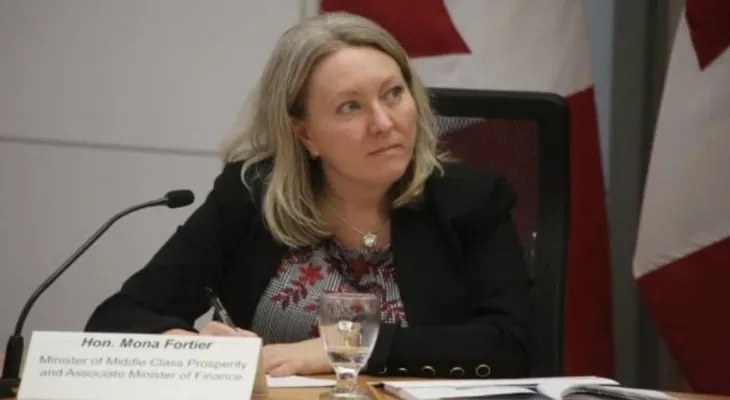Search here
Newspaper
Search here

Arab Canada News
News

Published: August 9, 2022
For more than two years, federal employees have been performing their duties from home. Now, amid pressures to return to the office, they wonder why that should change.
Greg Phillips, head of the Professional Institute of the Public Service of Canada (PIPSC), which represents more than 55,000 federal government employees, said that 60 percent of their members oppose returning to work from the office, 25 percent would support a partial return, and only 10 percent support the idea of returning to the office.
The Public Service Alliance of Canada (PSAC) says it is working to establish remote work as a collective bargaining right.
Explaining, "We know that most of our members are still working remotely, and many want to continue enjoying this flexibility ... we will continue to fight to enshrine it in our collective agreements during this round of negotiations with the Treasury Board and agencies."
On the other hand, PSAC National President Chris Aylward said in a statement, "There are many concerns as the latest push to bring employees back to their workplaces came from the Privy Council Office, after a memorandum was sent in June requesting federal departments to create a plan to return to work from the office in the fall."
Phillips said: "We have a lot of questions and there was almost no consultation on how these things would be implemented."
Adding to the confusion, there apparently is no specific standard for returning to work from the office.
Unions indicate that members were told they would need to return for different periods depending on the agency, department or even the manager they work under.
Jennifer Carr, president of PIPSC, said, "From a union perspective, it would be great if we could reach the highest level, address these issues and speak on behalf of our members."
Since May, the federal Treasury Board has said the idea of hybrid work is here to stay, but it is not clear exactly how it will be or when it will be implemented.
On the other hand, Treasury Board President Minister Mona Fortier said on Monday, "I think in the next few weeks, or next few months, we will discuss these questions and of course we will have to experiment as we will have to make adjustments as we move forward."
Minister Fortier said, "The one-size-fits-all approach doesn't necessarily work."
Adding, "Let's look at the Coast Guard, there are different needs compared to Service Canada, and that's why we need to work together, making sure we don't stop providing services to Canadians."
On the other hand, union leaders say some departments are looking to fill staff shortages by giving public employees more flexibility, hoping to lure them away from jobs that require more time in the office.
Jennifer Carr said, "I fear that some departments that will continue with traditional methods will lose the talent and skills they need to more flexible departments."
Adding, "However, the return of employees to work in downtown is good news for some."
Explaining, "It's huge work, we work in the TBS building and there are 85 percent of the employees compared to what we had before COVID."
Todd Simpson, owner of Morning Owl on Laurier Avenue, said it is awful for offices to remain empty, as his café hardly operates most months, if at all.
Simpson also says, "It is expected that 25 percent of the workers in his building will return to the office at least two days a week, starting from September."
Explaining, "He hopes this will be a game changer for businesses like his."
Simpson said, "We are trying to do everything we can to bring business to continue surviving."
Comments